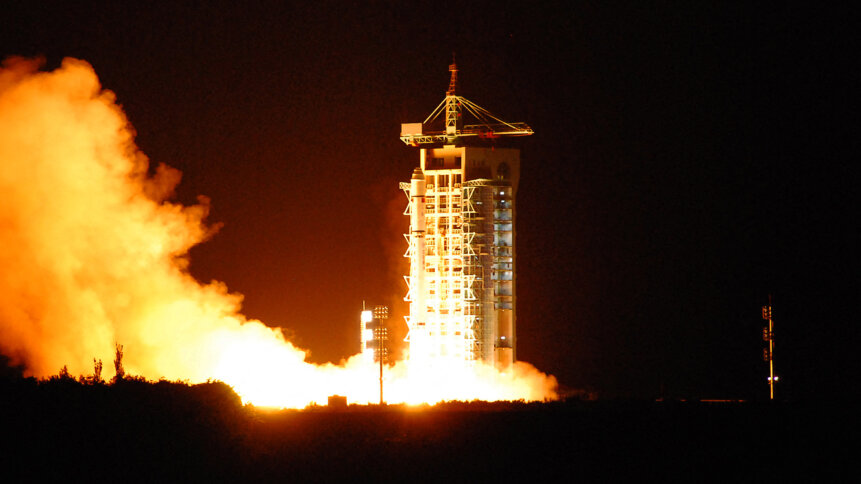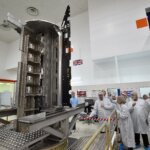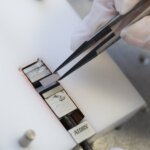2022 might be the breakout year for quantum cybersecurity

- Quantum Origin is the world’s first commercial product built using quantum computers, that delivers an outcome that classical computers could not achieve
- It is the first platform to derive cryptographic keys using the output of a quantum computer, ensuring data is protected at the foundational level against evolving attacks
- Quantum Origin helps protect against ‘hack now, decrypt later’ attacks, which are happening now and will have future implications
Despite the numerous cybersecurity challenges, quantum cybersecurity is seemingly on the radar of companies that are looking to detect and deflect quantum-era cyberattacks before they cause harm. While the technology sounds complicated and pricey to most organizations, quantum cybersecurity could very well be the future of cybersecurity especially when it comes to data encryption.
In fact, quantum computing has already been making headlines for its innovations in various use cases. From IBM’s newest quantum computing chip to China’s Zuchongzhi quantum computer, which is a million times more powerful than its nearest competitor, more tech companies are looking to leverage quantum technology.
And now, quantum computing is making its presence felt in cybersecurity. Quantum Origin is the world’s first commercially available cryptographic key generation platform based on verifiable quantum randomness. Developed by Cambridge Quantum, a subsidiary of Quantinuum, the first commercial product is built using a noisy, intermediate-scale quantum (NISQ) computer and has been built to secure the world’s data from both current and advancing threats to current encryption.
Quantum cybersecurity may still be nascent, but randomness is critical to securing current security solutions as well as protecting systems from the future threat of quantum attacks. These attacks will further weaken deterministic methods of random number generation, as well as methods that are not verifiably random and originate from a quantum source.
To add to this, the potential threat of quantum attacks is now raising the stakes further, incentivizing criminals to steal encrypted data passing over the internet, to decrypt it later using quantum computers. These attacks are called “hack now, decrypt later” attacks.
According to Ilyas Khan, CEO of Quantinuum and founder of Cambridge Quantum, they have been working for several years on a method to effectively and efficiently use the unique features of quantum computers to provide customers with a defense against adversaries and criminals, now and moving forward — once quantum computers are prevalent.
“Quantum Origin gives us the ability to be safe from the most sophisticated and powerful threats today as well threats from quantum computers in the future,” added Khan.
As a cloud-hosted platform that protects against current and future threats, Quantum Origin uses the unpredictable nature of quantum mechanics to generate cryptographic keys seeded with verifiable quantum randomness from Quantinuum’s H-Series quantum computers, which are powered by Honeywell. It supports traditional algorithms, such as RSA or AES, as well as post-quantum cryptography algorithms currently being standardized by the National Institute for Standards and Technology (NIST).
“When we talk about protecting systems using quantum-powered technologies, we’re not just talking about protecting them from future threats. From large-scale takedowns of organizations to nation-state hackers and the worrying potential of ‘hack now, decrypt later’ attacks, the threats are very real today, and very much here to stay. Responsible enterprises need to deploy every defense possible to ensure maximum protection at the encryption level today and tomorrow,” said Duncan Jones, head of cybersecurity at Cambridge Quantum.
Quantum Origin keys should be used in any scenario where there is a need for strong cybersecurity. Cambridge Quantum will offer Quantum Origin to financial services companies and vendors of cybersecurity products before expanding into other high-priority sectors, such as telecommunications, energy, manufacturing, defense, and government.
The technology has already been used in a series of projects with launch partners. Axiom Space used Quantum Origin to conduct a test of post-quantum encrypted communication between the ISS and Earth — sending the message “Hello Quantum World” back to earth encrypted with post-quantum keys seeded from verifiable quantum randomness. Fujitsu, meanwhile, integrated Quantum Origin into its software-defined wide area network (SDWAN) using quantum-enhanced keys alongside traditional algorithms.










